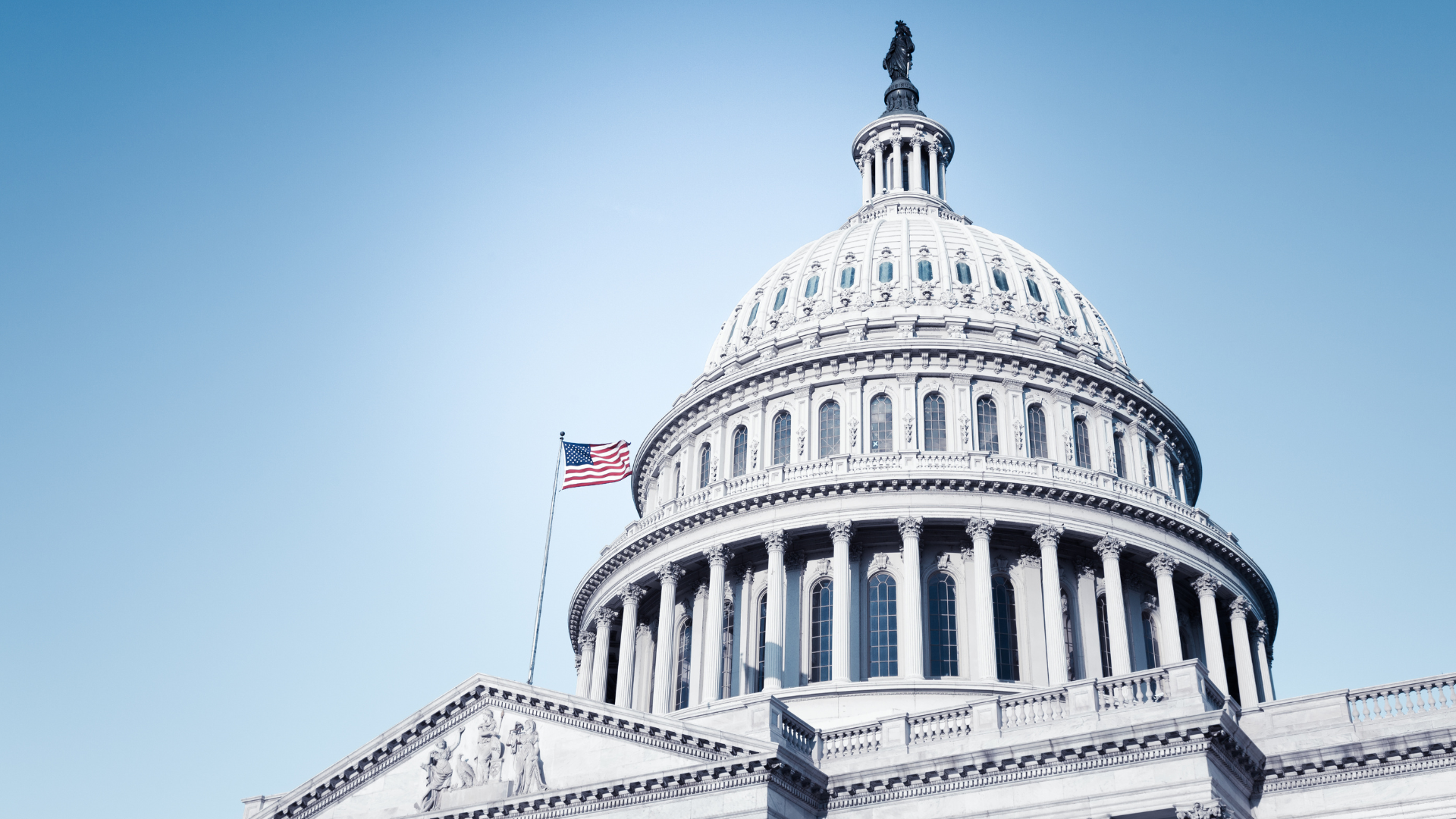On July 31, 2025, HRSA issued its highly anticipated guidance for a limited 340B rebate model pilot program set to begin in 2026. This pilot applies exclusively to drugs selected for Medicare drug price negotiations in 2026 under the Inflation Reduction Act (IRA). HRSA stated it will evaluate the effectiveness of the model and may choose to expand the list of drugs in 2027.
Despite only a small number of products being eligible at this time, this newly proposed model could be an indicator for an expansion of a rebate model.
What Covered Entities Need to Know
- Januvia (Merck)
- Fiasp; Fiasp FlexTouch; Fiasp PenFill; NovoLog; NovoLog FlexPen; NovoLog PenFill (Novo Nordisk)
- Farxiga (AstraZeneca)
- Enbrel (Immunex)
- Jardiance (Boehringer Ingelheim)
- Stelara (Janssen)
- Xarelto (Janssen)
- Eliquis (Bristol Myers Squibb)
- Entresto (Novartis)
- Imbruvica (Pharmacyclics)
Covered entities would be required to purchase affected drugs at wholesale acquisition cost (WAC) , then submit NDC-level claims data within 45 days to receive a rebate—typically within 10 days.
HRSA indicated data collected by manufacturers for the rebate claim process will be limited to:
- Date of Service
- Date Prescribed
- RX number
- Fill Number
- 11 Digit National Drug Code (NDC)
- Quantity Dispensed
- Prescriber ID
- Service Provider ID
- 340B ID
- Rx Bank Identification Number (BIN)
- Rx Processor Control Number (PCN)
Any of the above drug manufacturers that voluntarily choose to participate in the pilot program must provide information on how they plan to comply with HRSA’s requirements by September 15, 2025. HRSA will announce any approval of drug manufacturer applications by October 15, 2025, and the pilot program will begin in 2026.
Steps Covered Entities Should Take Now
Evaluate Internal Data Infrastructure
Robust reporting capabilities would be critical to ensure rebate eligibility and maintain documentation for audit purposes. Clean data is the foundation for both compliance and timely reimbursement.
Prepare for a Hybrid Pricing Environment
Since only select manufacturers and drugs would be subject to the rebate model, covered entities would need to operate under two parallel systems: one for traditional upfront discounts and another for retroactive rebates. Collaboration between TPA’s and CE’s will be necessary to test these dual workflows and identify gaps in current processes that could lead to missed reimbursements or compliance risk.
Update Internal Policies and Procedures.
Now is the time to establish or revise SOP’s related to rebate submission timelines, tracking of pending and received payments, and issue resolution. CE’s should have in place escalation pathways for delays or denials, and documentation practices should be audit ready. As HRSA evaluates the success of this pilot, CE’s must be prepared to demonstrate compliance at every step.
Ensure TPA Readiness
TPA’s will play a crucial role in managing the rebate model requirements. It’s essential to confirm with your TPA their ability to support manufacturer-specific rebate workflows, including timely submission of claims data and reconciliation of rebate payments as the setups are further revealed. Ask how your TPA is preparing to manage hybrid environments where some drugs remain under the traditional 340B discount model and others move to rebate-based pricing.
Voice Your Concerns
Providers have raised significant concerns regarding new cash flow risks, administrative burdens, added complexities with compliance, and potential lack of
clarity on claim denial HRSA will be collecting comments on the pilot program until September 1, 2025. Comments can be submitted electronically via the federal eRulemaking Portal.
Looking Ahead
Although this pilot is currently limited in scope, if deemed successful, it is likely to be expanded to cover a broader array of manufacturers and drugs. CE’s should treat this draft guidance as the beginning of a broader policy shift and proactively ensure readiness for future phases of the pilot.







